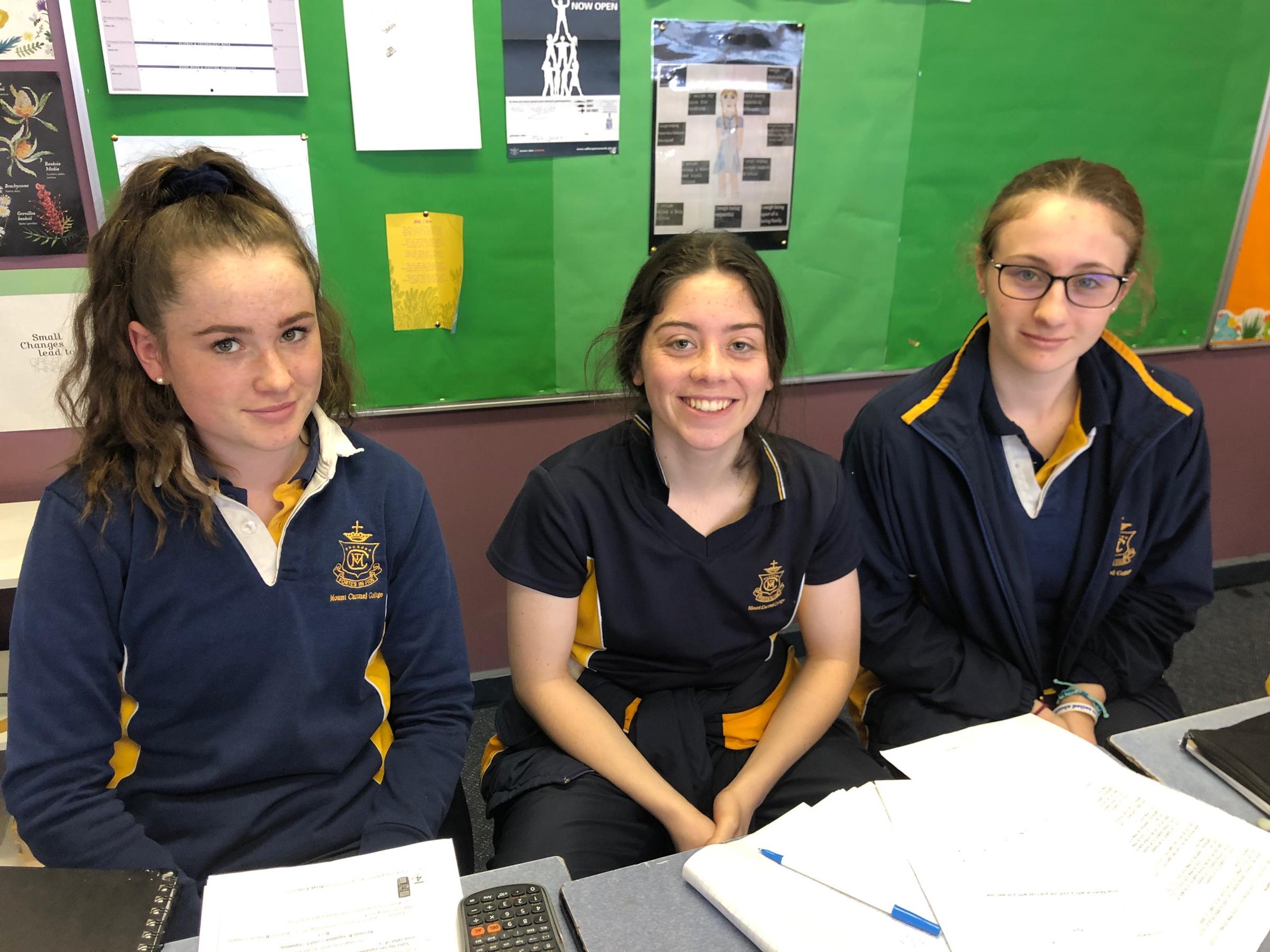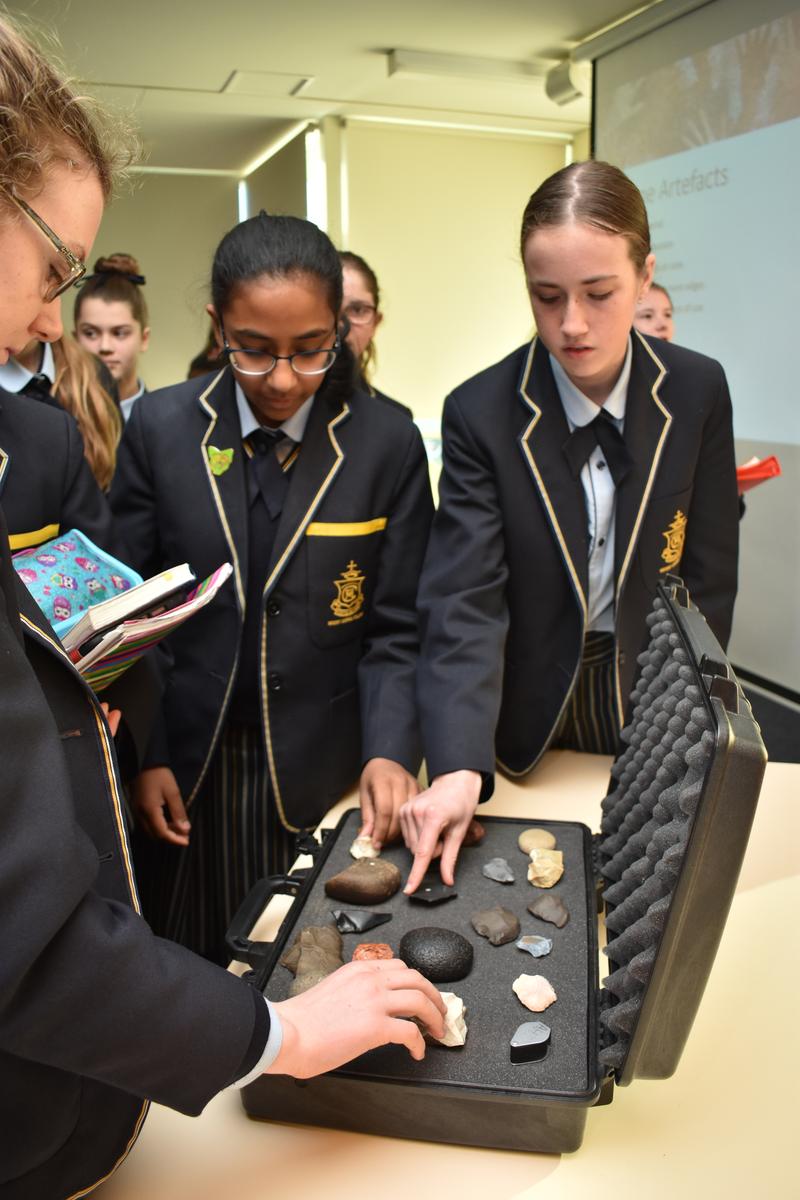Curriculum News

It is hard to believe that we are already in week four. Some exciting events are occurring over the next few weeks:
Science and Technology Week has been very busy with activities organised in our Labs at lunchtime each day. The activities were hands-on and students had the opportunity to make some eco-friendly products.
Next week is Book Week and it is a time when we celebrate writing, authors, books and words. Every student has the opportunity to be involved in the parade on the Friday and I am looking forward to seeing a range of characters from novels. Each Clan group is also decorating their classroom door using an author or novel as their theme. Anne Morgan, an author and alumnae of the College, will be in residence next Tuesday working with our Year 6 classes and the Year 9/10 Writers class.
Change of Electives
Students in Years 8 and 9 have this week to change their electives. Forms are available at the College Office and need to be signed by a parent or guardian.
We are extremely fortunate that our elective process is student driven. We do not set electives on lines, we set the lines according to student choice. Our process is guided by what our students are interested in studying. This may mean that some electives do not run for a year as there is not sufficient student demand for that subject. This does not mean that the subject disappears forever - it may run in the following year. If you have any queries about electives, please contact me.
Recently I was speaking with some of our Year 10 students who spoke about how they went about choosing their electives. Their decisions were based on which subjects they loved, which subjects they wanted to know more about and subjects that they thought would stretch their level of comfort. This is good advice.
Mrs Kim Schade
Director of Teaching and Learning
Visiting Archaeologist
Recently, Ross Stanger visited Mount Carmel to talk to the Year 7 students about his work as an Archaeologist for Heritage Tasmania.
Archaeology is used to understand human behaviour through the examination of artefacts and other material remains. Archaeology is important because it compliments history from the items that people leave behind. Some of the main archaeological sights you might have heard of, or know about, are Port Arthur, Pompeii and Stonehenge. As an archeologist, depending on what area you work in, you can find tools, pottery, textiles and many other artefacts using a variety of different tools. These are just some of things Ross talked to us about.
Zoe Bentley - Lourdes 5

